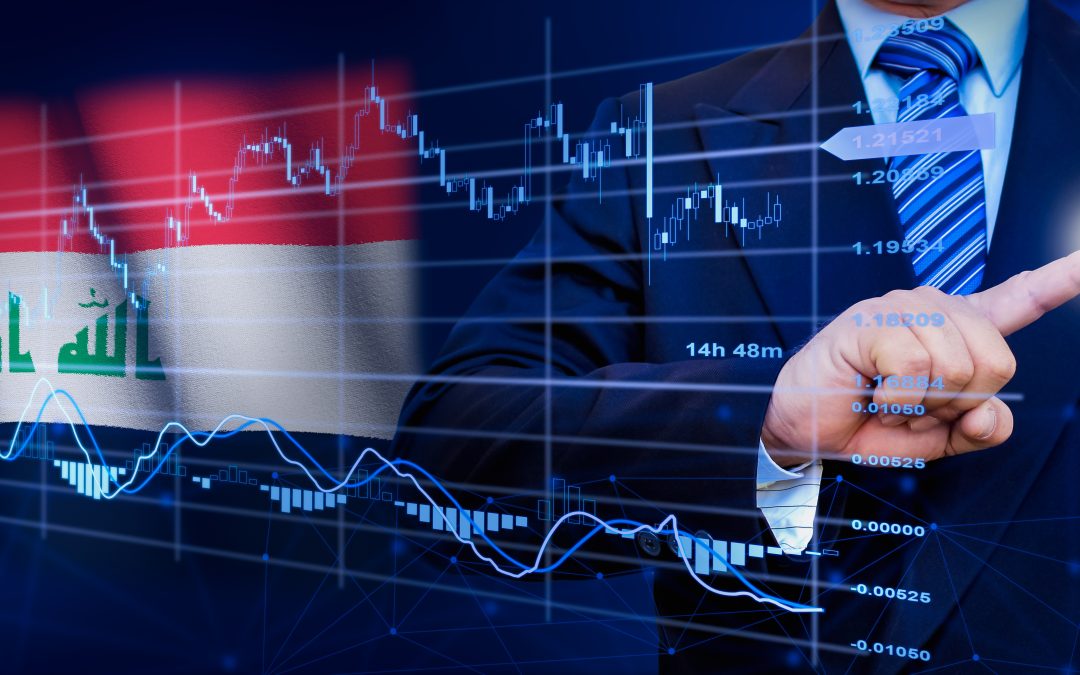Introduction
It is known that the political, economic, administrative, and legal conditions as a whole constitute the general framework for attracting and encouraging investments in any country and that the investment system in Iraq stems from the same reality where such conditions would have a direct effect on investment.
Iraq is a rich country with flexible legislations and welcoming investment environment, whether in the Federal Iraq region (15 provinces) https://investpromo.gov.iq/ar/a-legal-guide-to-investing-in-iraq-2/ or in Iraq Kurdistan region (3 provinces with semi-autonomous status) www.kurdistaninvestment.org.
Forecast and Challenges
It is noted that the political condition in Iraq is moving towards stability, which would have a positive impact over the investment climate in the country, this positive forecast considers democracy and the rule of law are among the basics of attracting investors and capital, without of course overlooking the fact that political conflict, especially in the post-election stage, sometimes leads to challenges that impede the formation of the government and its impact on construction and investment operations in general, and sometimes this impact is drawn to security stability, albeit indirectly and not on a large scale. However, it can be said in general that the stability of the political situation in recent years has had a positive impact on security and then on the economy and investments.
On the other hand, the administrative inefficiency constitutes a greater challenge, as Iraq is still suffering from administrative problems mainly represented in bureaucracy and routine in the procedures and completion of transactions, the lack of automation of government work and the lack of advanced information systems. Perhaps the biggest administrative problem is the rampant corruption, which the current government has begun effective measures to combat it, taking advantage of the strict laws that were previously enacted and which were often not implemented efficiently for certain reasons including political influence.
As for the prevailing legal conditions in Iraq, investment laws in Iraq offer a package of unmatched incentives with the aim of encouraging and stabilizing investment in line with developments, conditions, changes and developments in the world. In this regard, Iraq is making extensive and vigorous efforts to improve the investment climate by creating appropriate conditions to attract investments.
Now, a neutral view of the investment climate in Iraq must acknowledge the challenges and issues that investors face, that can be summarized as follows: A- Lack of infrastructure, B- Limited sources of local financing, C- Red tape in completing transactions. D- The inefficiency of the Iraqi banking system, which requires the use of reinforced or correspondent banks.
Elements of Attraction
As for the elements that attract investment and the ambitious prospects for the investment climate in Iraq, in our view, the most important elements that attract investment are the investment opportunities available in Iraq, since these opportunities are often for huge projects in all industrial, residential, extractive and energy fields, in addition to infrastructure projects. That is because Iraq lacks many of these projects and relies heavily on investment in providing them in exchange for an offering unprecedented incentives and guarantees for investors including exemptions from tax and customs duties, facilitating the entry and residence of foreigners, the right to own projects, ease of movement and transfer of funds, and so on. It is these incentives, privileges and guarantees that capture the largest amount of the reasons for the flow of capital to investment projects in Iraq with a positive view of the stability of Iraq and the expected low to moderate risk in security and political conditions in the foreseeable and long term, as Iraq has made noticeable efforts in recent years to improve its investment climate through the continuous pursuit to create all the appropriate conditions and circumstances to attract investments through structural and economic reforms, to adopt a stable economic policy in the fields of exchange rate or setting prices, and to try to reach a better balance between the public and private sectors.


Recent Comments